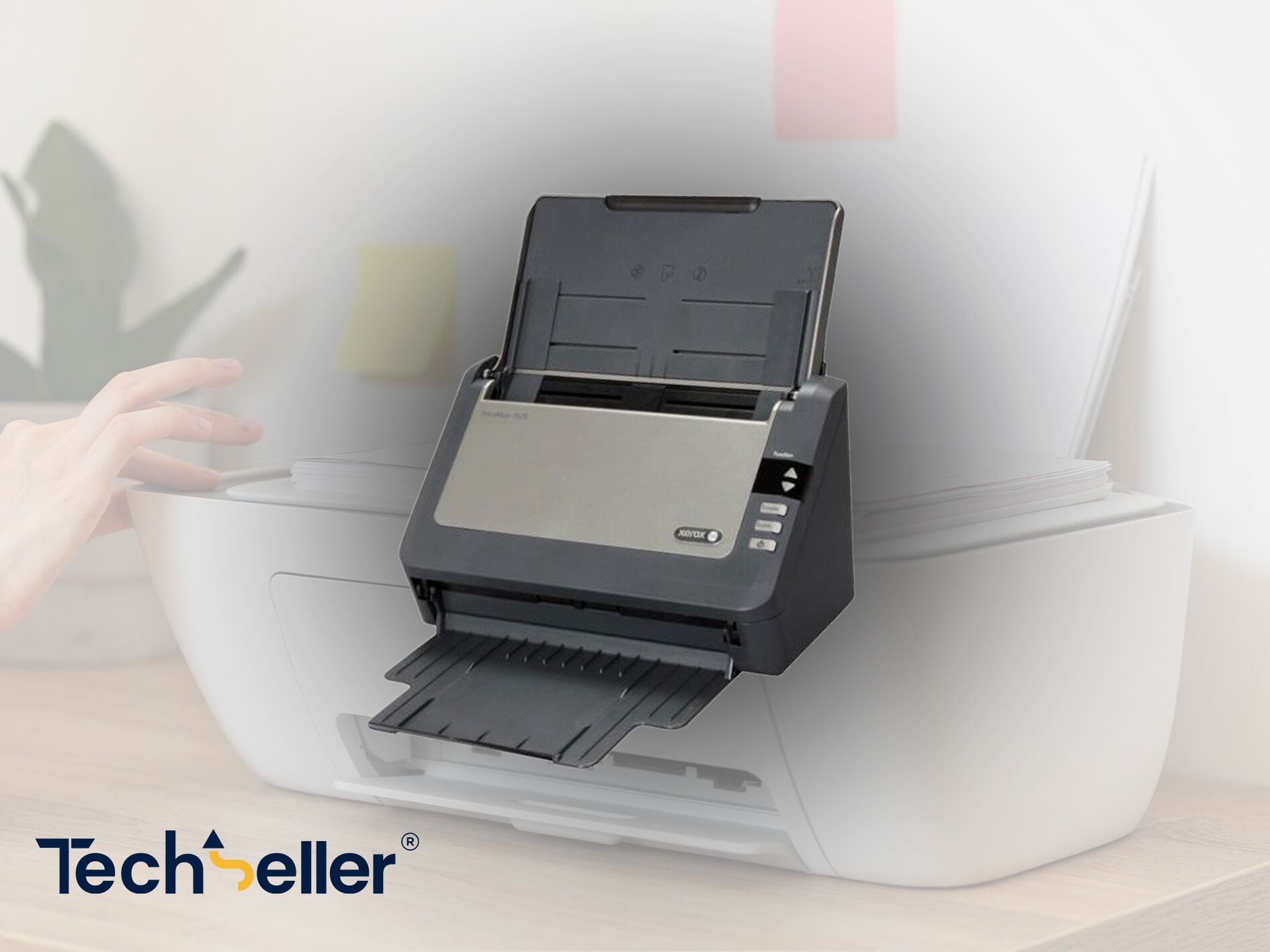How Do Industrial Ovens Differ from Commercial Ovens?
When it comes to ovens, not all are created equal. Whether you're working in a laboratory, manufacturing facility, or a commercial kitchen, the type of oven you choose can significantly impact your operations

When it comes to ovens, not all are created equal. Whether you're working in a laboratory, manufacturing facility, or a commercial kitchen, the type of oven you choose can significantly impact your operations. Industrial ovens and commercial ovens may seem similar at first glance, but they are designed for entirely different purposes. Understanding these differences is crucial for selecting the right equipment for your needs. In this article, we’ll explore the key distinctions between industrial and commercial ovens, their applications, and how Certified Material Testing Products can help you find the perfect oven for your requirements.
What Are Industrial Ovens?
Industrial ovens are heavy-duty machines designed for high-capacity, high-temperature applications. They are commonly used in manufacturing, construction, and laboratory settings for processes such as curing, drying, baking, and heat treatment. These ovens are built to withstand extreme conditions and are often customized to meet specific industrial requirements.
Key Features of Industrial Ovens:
-
High Temperature Range: Industrial ovens can reach temperatures far beyond those of commercial ovens, often exceeding 500°F (260°C) and sometimes going up to 1000°F (538°C) or more.
-
Durability: Constructed with robust materials like stainless steel, industrial ovens are built to endure harsh environments and continuous use.
-
Customization: Many industrial ovens are tailored to specific applications, such as curing coatings, drying soil samples, or heat-treating metals.
-
Advanced Controls: Equipped with precise temperature and humidity controls, industrial ovens ensure consistent and accurate results.
What Are Commercial Ovens?
Commercial ovens, on the other hand, are designed for food service and hospitality industries. They are commonly found in restaurants, bakeries, and catering facilities. While they are built to handle high volumes, their primary focus is on cooking and baking food efficiently and consistently.
Key Features of Commercial Ovens:
-
Moderate Temperature Range: Commercial ovens typically operate between 200°F (93°C) and 500°F (260°C), suitable for baking, roasting, and reheating food.
-
User-Friendly Design: These ovens are designed for ease of use, with intuitive controls and features like timers and pre-set cooking programs.
-
Compact and Space-Saving: Commercial ovens are often designed to fit into smaller spaces, making them ideal for kitchens with limited room.
-
Energy Efficiency: Many commercial ovens are optimized for energy efficiency, reducing operational costs for businesses.
Key Differences Between Industrial and Commercial Ovens
While both types of ovens serve the purpose of heating, their design, functionality, and applications differ significantly. Here’s a breakdown of the main differences:
1. Purpose and Applications
-
Industrial Ovens: Used for industrial processes such as curing, drying, and heat treatment. They are essential in industries like construction, aerospace, automotive, and materials testing. For example, soil testing equipment often requires industrial ovens to dry soil samples accurately.
-
Commercial Ovens: Designed for cooking and baking food. They are a staple in restaurants, bakeries, and catering businesses.
2. Temperature Range
-
Industrial Ovens: Capable of reaching extremely high temperatures, making them suitable for demanding industrial applications.
-
Commercial Ovens: Operate at lower temperatures, ideal for food preparation.
3. Construction and Durability
-
Industrial Ovens: Built with heavy-duty materials to withstand harsh conditions and continuous use.
-
Commercial Ovens: Constructed with food-grade materials and designed for ease of cleaning and maintenance.
4. Customization and Controls
-
Industrial Ovens: Often customized for specific tasks and equipped with advanced controls for precision.
-
Commercial Ovens: Focus on user-friendly features and consistency for food preparation.
Why Choose Certified Material Testing Products for Your Oven Needs?
At Certified Material Testing Products, we understand the importance of having the right equipment for your specific needs. Whether you’re looking for industrial ovens for materials testing or commercial ovens for your kitchen, we offer a wide range of high-quality products to meet your requirements.
Our product lineup includes:
-
Soil Testing Equipment: From soil testing machines to soil sample tools, we provide everything you need for accurate soil analysis.
-
Industrial Ovens: Designed for durability and precision, our industrial ovens are perfect for drying, curing, and heat treatment applications.
-
Lab Equipment: We also offer a comprehensive selection of lab supplies, including balances, ovens, and general lab equipment.
With our competitive prices and exceptional customer service, we strive to exceed your expectations and provide you with the best solutions for your business.
FAQs
1. What is the primary use of an industrial oven?
Industrial ovens are primarily used for processes like curing, drying, baking, and heat treatment in industries such as construction, manufacturing, and materials testing.
2. Can I use a commercial oven for industrial purposes?
No, commercial ovens are not designed to handle the high temperatures and demanding conditions required for industrial applications.
3. What should I consider when choosing an industrial oven?
Consider factors such as temperature range, size, customization options, and the specific application you need the oven for.
4. Do you offer soil testing equipment at Certified Material Testing Products?
Yes, we offer a wide range of soil testing equipment, including soil testing machines, soil sample tools, and more.
5. How do I maintain an industrial oven?
Regular maintenance includes cleaning, inspecting heating elements, and calibrating controls to ensure optimal performance.
Conclusion
Choosing the right oven—whether industrial or commercial—depends on your specific needs and applications. Industrial ovens are built for heavy-duty tasks and high-temperature processes, while commercial ovens are designed for food preparation and baking. At Certified Material Testing Products, we are committed to providing you with high-quality equipment that meets your requirements. Explore our extensive range of soil testing equipment, industrial ovens, and lab supplies to find the perfect solution for your business.
What's Your Reaction?



















